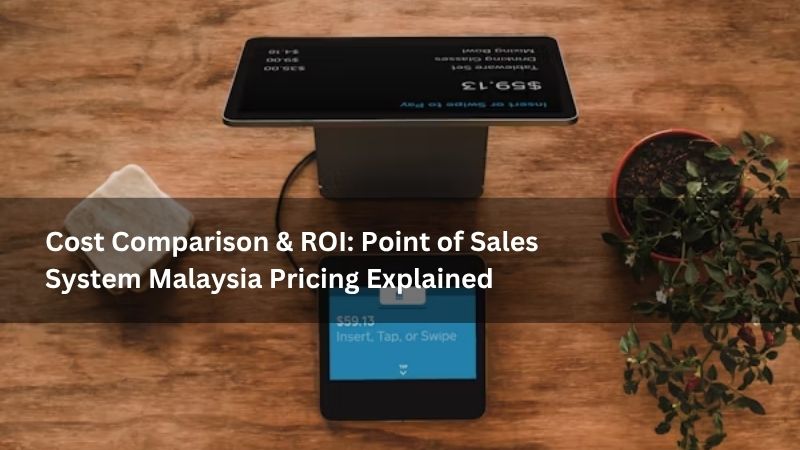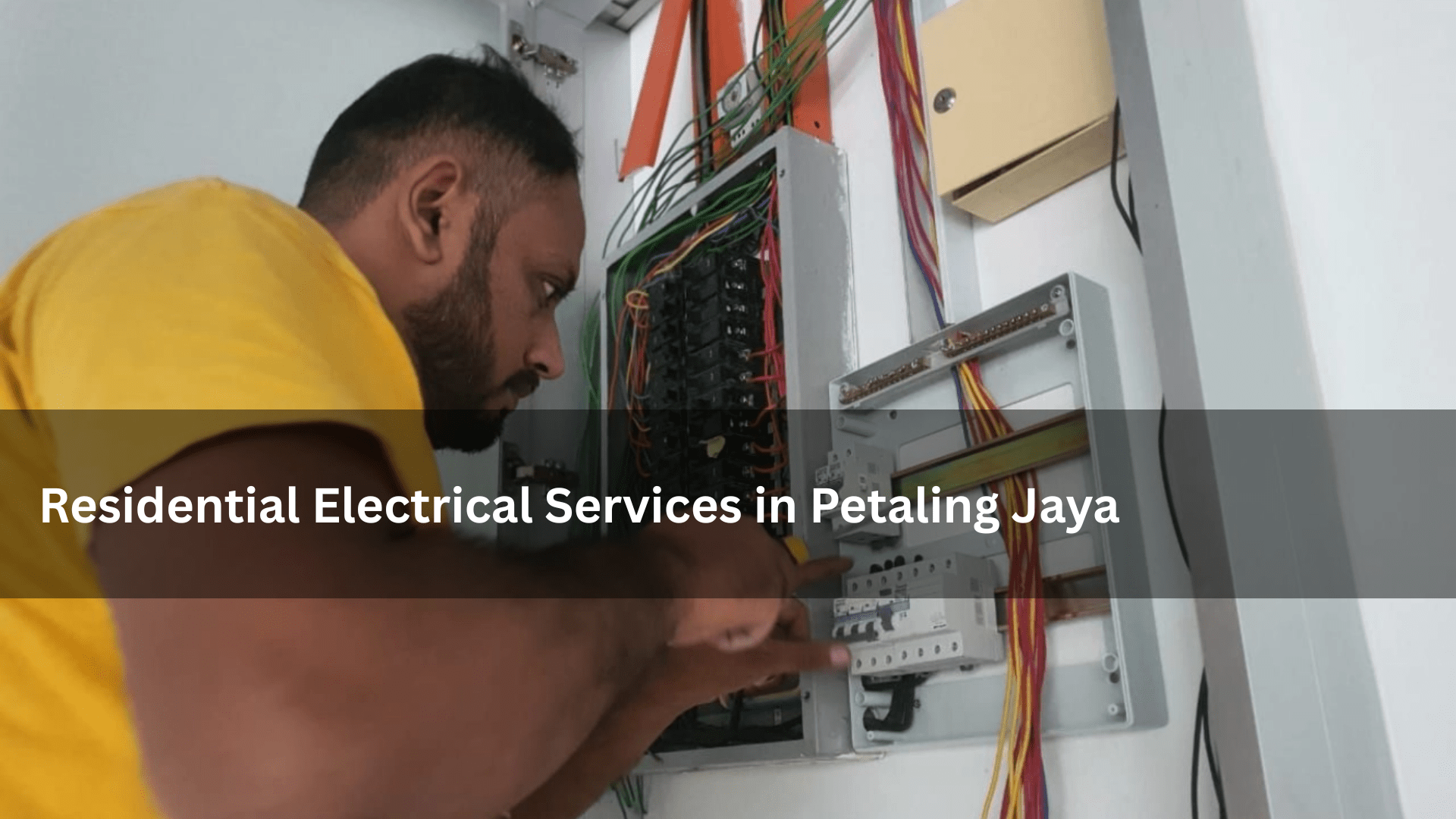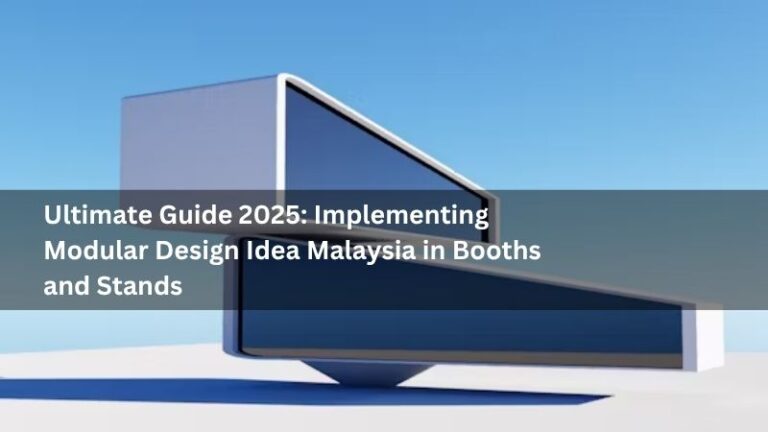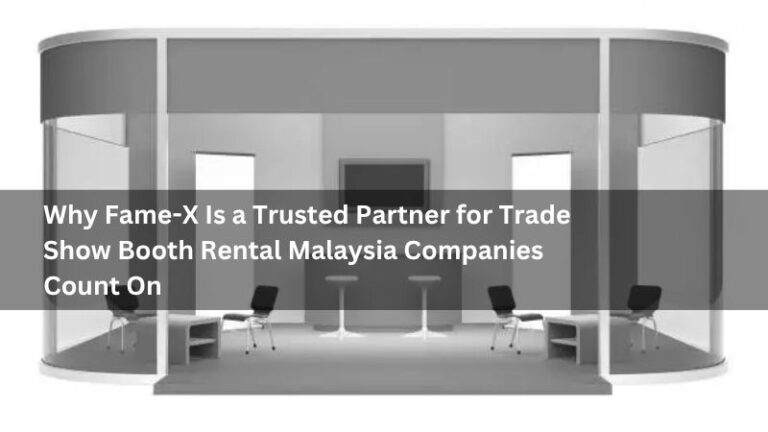Investing in a point of sales system Malaysia involves more than paying for software and hardware. It’s about maximizing return from better efficiency, compliance, analytics, and customer experience. With a growing number of providers in Malaysia offering diverse pricing models, it’s essential to understand true costs—and long-term ROI.
This comprehensive guide examines point of sales system Malaysia pricing structures, hidden fees, and how Zeoniq’s competitive model delivers optimal business value.
Introduction: Understanding Point of Sales System Malaysia Investment
Before selecting a point of sales system Malaysia, examine:
Total cost over time
Features that reduce labor and errors
Revenue enhancements via promotions / loyalty
Regulatory compliance (e‑invoicing, SST) savings
A strategic view helps you avoid overspending on unnecessary features—or missing essential ones that promise future returns.
Point of Sales System Malaysia: Common Pricing Models in Malaysia
Three pricing approaches dominate:
Subscription-based (monthly/yearly SaaS model)
Upfront licensing (one-time software purchase + annual maintenance)
Hybrid (low upfront + extended subscription for support and updates)
Zeoniq uses a subscription model, offering flexibility and predictable budgeting—perfect for scaling businesses adopting trusted point of sales system Malaysia platforms.
Point of Sales System Malaysia: One-Time vs Subscription Costs
| Cost Type | Description |
|---|---|
| One-Time License | External POS provider license without recurring fees |
| Recurring Subscription | Monthly or yearly fee covering updates, support, and e-invoicing |
| Maintenance / Support | Optional add-on to cover customer service and downtime |
| Hardware | POS terminals, tableside devices, printers, tablets |
A subscription-based point of sales system Malaysia often includes automated updates, customer support, and features like Zeoniq’s e-invoice capability—minimizing surprise fees.
Point of Sales System Malaysia: Hardware Cost Variations
Hardware varies based on your setup:
Basic tablet-based POS terminal: ~RM1,500 per device
Full POS station with barcode scanner, thermal printer, and cash drawer: ~RM5,000+
Payment terminals, kiosks or kitchen display screens: extra RM2,000–RM8,000
Zeoniq supports mobile and desktop platforms, giving companies the flexibility to choose hardware fitting their budget without sacrificing POS features.
Point of Sales System Malaysia: Feature Tiers and Value‑Packed Plans
Most providers segment plans by features:
Basic tier: payment processing, inventory tracking
Mid tier: promotions, loyalty, CRM
Enterprise tier: multi-branch support, API integrations, AI analytics
Zeoniq offers tiered subscriptions tailored to small cafés through enterprise retail chains, all under the umbrella of a unified point of sales system Malaysia platform.
Point of Sales System Malaysia: Hidden Fees to Watch For
Watch out for:
Installation/setup fees
Onboarding/training charges
Integration charges (e.g. accounting software)
Fees for SST/e-invoice add-ons
Charges for support beyond SLA limits
In contrast, Zeoniq includes onboarding support, compliance modules, and integration capabilities in its standard subscription—cutting unexpected cost surprises.
Point of Sales System Malaysia: Assessing ROI Through Productivity Gains
Productivity gains are real:
Faster checkout reduces queues and increases throughput by up to 20%
Inventory automation reduces stock loss and ordering errors
Centralized reporting cuts manual reconciliation time significantly
These benefits translate directly into improved margins and time saved—enhancing total ROI from your point of sales system Malaysia investment.
Point of Sales System Malaysia: Cost Savings From Automation & Error Reduction
Automating SST, invoices, and promotions reduces human error in workflows like:
Manual calculation of SST (real-time auto)
Paper invoice generation vs e-invoice with Zeoniq
Mispriced promotions without integrated POS logic
These reductions in errors translate into cost savings, especially during audit or tax season.
Point of Sales System Malaysia: Case ROI Examples with Zeoniq
Café chain in KL improved checkout speed by 30% with POS Xpress, boosting daily sales significantly.
Retail brand with 5 outlets saved over RM18,000 annually in SST admin and invoice alignment.
F&B roadshow operator cut staffing costs by 25% using Zeoniq’s integrated QR ordering features.
Real data illustrates how Zeoniq’s point of sales system Malaysia delivers measurable ROI within the first few months.
FAQs: Cost & ROI Questions About Point of Sales System Malaysia
Q1: Are monthly plans cheaper long-term?
They offer lower upfront cost; long-term pricing benefits kick in if usage is consistent.
Q2: What if I only exhibit occasionally?
You can opt for leased POS or pay-as-you-grow models without long-term commitment.
Q3: Can I add modules later?
Yes. Zeoniq allows add-on modules (like loyalty, e-invoice) to be included any time.
Q4: Will hardware become outdated?
Hardware lifespan averages 5 years; choose flexible POS systems like Zeoniq that support upgrades.
Q5: Do hidden fees usually occur?
Only if providers charge extra for integrations or support—Zeoniq bundles them transparently in plans.
Conclusion: Choosing a Cost‑Effective Point of Sales System Malaysia Solution
Investing in the right point of sales system Malaysia goes beyond price—it’s about long-term value, operational efficiency, and future growing capability. A solution like Zeoniq’s, with transparent subscription pricing, integration-rich features, compliance automation, and strong support, delivers a clear financial and operational edge over fragmented POS offerings.
For a cost-effective and scalable point of sales system Malaysia solution, schedule a demo with Zeoniq today at https://www.zeoniq.my/point-of-sales/.









